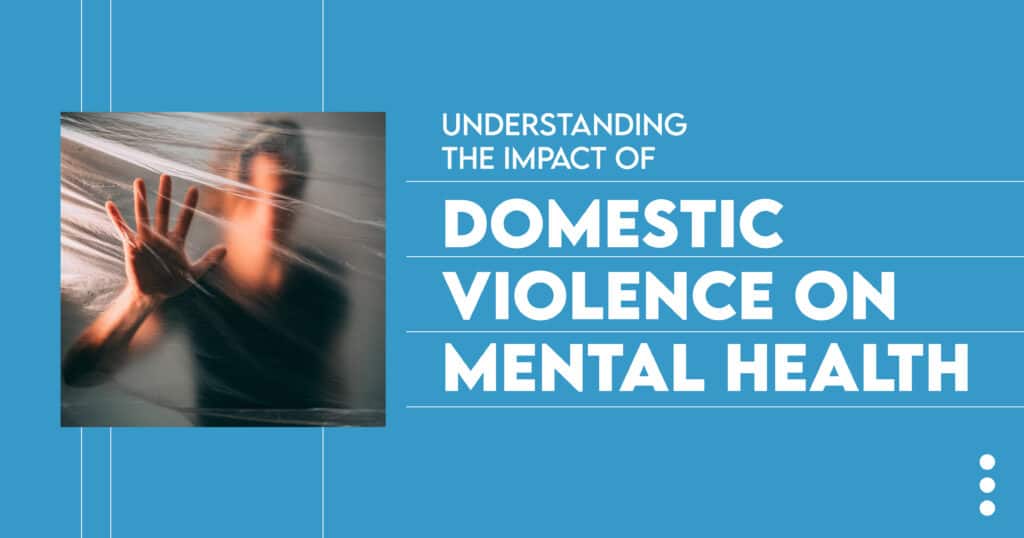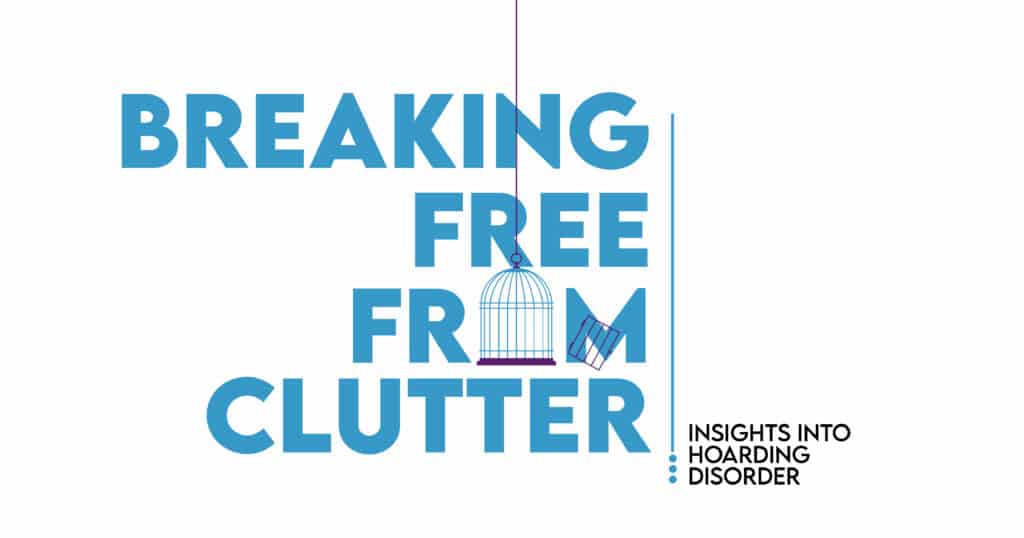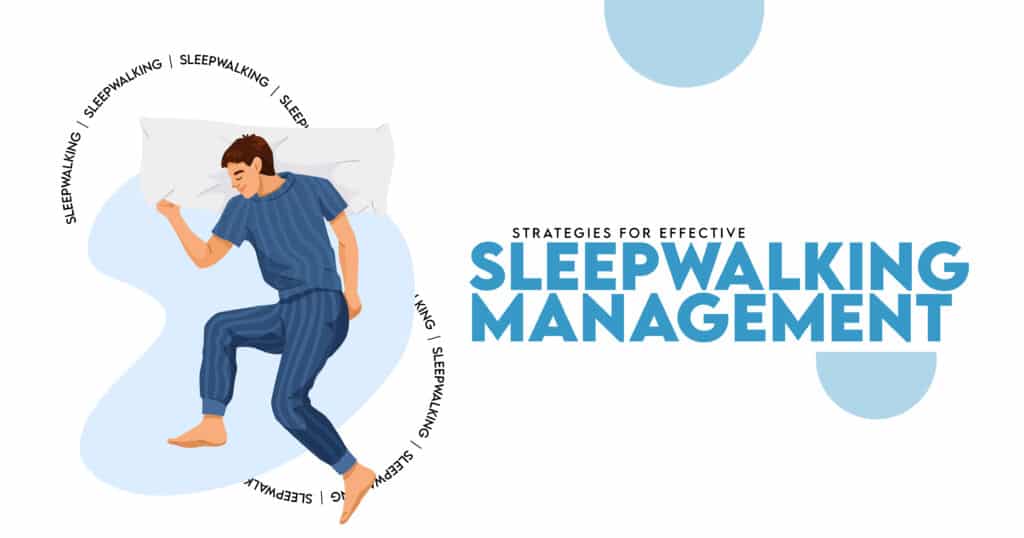Domestic violence is a grave issue affecting millions of people worldwide. It’s not just about physical harm; its ripple effects deeply penetrate mental health, leaving scars that often last long after the physical bruises have healed. Today, we’re diving into how domestic violence impacts mental health, exploring both immediate and long-term effects, and discussing ways to cope and seek help.
Essential Takeaways
- Deep Psychological Impact: Domestic violence severely affects mental health, making understanding and intervention critical.
- Vital Support: Effective recovery requires both professional therapy and personal support from loved ones.
- Drive Change: Raising awareness and educating communities improves prevention and support.
Domestic violence isn’t a one-size-fits-all experience. It manifests in various forms, from physical and emotional abuse to financial and sexual control. Each form leaves its own unique mark on the psyche. Understanding these impacts is crucial for anyone involved in supporting victims or working in mental health fields.
What is Domestic Violence?
Definition and Types
Domestic violence, also known as intimate partner violence, involves a pattern of behaviors used by one partner to maintain power and control over another partner in a romantic relationship. It encompasses several forms:
- Physical Abuse: This includes hitting, slapping, kicking, or any other form of physical harm.
- Emotional Abuse: Psychological manipulation, verbal attacks, and consistent belittling fall under emotional abuse. It’s about eroding self-esteem and self-worth.
- Financial Abuse: Control over financial resources, making it difficult for the victim to access money or resources, is another form of abuse.
- Sexual Abuse: This includes non-consensual sexual activities or using sexual coercion to exert control.
Statistics and Prevalence
Domestic violence is alarmingly common. According to the World Health Organization (WHO), about 1 in 3 women worldwide has experienced physical or sexual violence. In the United States, the National Coalition Against Domestic Violence (NCADV) reports that nearly 1 in 4 women and 1 in 9 men have experienced severe intimate partner physical violence, intimate partner contact sexual violence, or intimate partner stalking with impacts such as post-traumatic stress disorder (PTSD).
The prevalence of domestic violence is not confined to any one demographic. It affects people of all ages, races, socioeconomic statuses, and educational levels. However, certain groups may be more vulnerable due to systemic issues, such as poverty, discrimination, and lack of access to resources.
The Psychological Impact of Domestic Violence
Immediate Mental Health Effects
Domestic violence doesn’t just leave physical injuries; it takes a heavy toll on mental health right from the outset:
- Acute Stress: Victims of domestic violence often experience immediate stress responses. This can manifest as heightened anxiety, sleeplessness, and hyper-vigilance.
- Fear and Anxiety: Chronic anxiety is a common response, characterized by persistent worry and fear. Survivors may live in a constant state of apprehension, not knowing when the next incident might occur.
- Disassociation: In some cases, individuals may mentally distance themselves from the trauma. Disassociation is a coping mechanism where a person feels disconnected from their own experiences or surroundings.
Long-Term Psychological Effects
The psychological effects of domestic violence can persist long after the abuse has stopped. Here’s a closer look at some of these long-term impacts:
- Post-Traumatic Stress Disorder (PTSD): PTSD is a severe anxiety disorder triggered by experiencing or witnessing traumatic events. Survivors of domestic violence may relive their trauma through flashbacks, nightmares, and severe anxiety. They might also avoid reminders of the trauma and experience emotional numbness.
- Depression: Continuous exposure to abuse can lead to chronic depression. Symptoms include persistent sadness, loss of interest in activities, and feelings of hopelessness. The emotional toll of feeling trapped and powerless contributes significantly to depressive symptoms.
- Low Self-Esteem: Ongoing emotional abuse erodes self-worth and self-esteem. Victims may internalize negative messages and blame themselves for the abuse, leading to a diminished sense of self.
- Cognitive Impairments: Long-term abuse can impair cognitive functions. Survivors might struggle with memory, concentration, and decision-making, impacting their ability to function effectively in daily life.
Coping Mechanisms and Recovery
Personal Coping Strategies
Coping with the aftermath of domestic violence involves several personal strategies and therapeutic interventions:
- Therapeutic Approaches: Therapy plays a critical role in helping survivors process their trauma and rebuild their lives. Cognitive-behavioral therapy (CBT) helps individuals identify and change negative thought patterns, while trauma-focused therapies address the specific impacts of trauma.
- Self-Care Practices: Engaging in self-care is vital for mental well-being. Practices like mindfulness, regular exercise, and maintaining a healthy diet can help manage stress and improve overall mental health.
- Building Resilience: Developing resilience involves learning to adapt and recover from adversity. Strategies include setting realistic goals, developing problem-solving skills, and seeking social support.
Support Systems
Support systems are crucial in the healing process. They can come from various sources:
- Professional Help: A qualified therapist or counselor experienced in trauma can provide tailored support. Therapy can help survivors understand their experiences, process emotions, and develop coping strategies.
- Support Groups: Connecting with others who have faced similar experiences can be incredibly validating. Support groups offer a space for sharing experiences, learning from others, and gaining encouragement.
- Family and Friends: Loved ones can offer emotional support and practical help. It’s essential for family and friends to be informed about how to support someone who has experienced domestic violence, including listening without judgment and helping with practical needs.
Seeking Help and Resources
Finding Professional Support
When looking for professional help, consider the following:
- Types of Therapy: Various therapies can be beneficial for survivors of domestic violence. Cognitive-behavioral therapy (CBT) focuses on changing negative thought patterns, while trauma-focused therapies, such as EMDR (Eye Movement Desensitization and Reprocessing), address trauma symptoms directly.
- Choosing a Therapist: Finding the right therapist is crucial. Look for someone with experience in dealing with trauma and domestic violence. It’s important that you feel comfortable and understood by your therapist.
Resources and Hotlines
Numerous resources and hotlines are available for those affected by domestic violence:
- National Hotlines: In the U.S., the National Domestic Violence Hotline (1-800-799-7233) offers 24/7 support and resources. Similar services are available in many countries, providing immediate help and information.
- Online Resources: Websites like the National Coalition Against Domestic Violence (NCADV) and the Domestic Violence Resource Center offer comprehensive information and support.
- Local Shelters and Advocacy Organizations: Many communities have shelters and organizations that provide support, including emergency housing, legal assistance, and counseling services.
Legal and Financial Assistance
Survivors may also need help navigating legal and financial issues:
- Legal Aid: Legal aid organizations can assist with obtaining protective orders, navigating divorce proceedings, and other legal matters related to domestic violence.
- Financial Support: Some programs offer financial assistance to help survivors with immediate needs, such as housing, transportation, and other necessities.
The Role of Education and Awareness
Raising Awareness
Educating the public about domestic violence and its mental health impacts is crucial for prevention and support:
- Community Education: Public awareness campaigns and educational programs can help individuals recognize signs of domestic violence and understand its effects. Education fosters a supportive environment for survivors.
- Workplace Awareness: Employers can play a role by providing resources and support for employees who may be affected by domestic violence. Creating a safe and supportive workplace environment is essential.
Prevention Strategies
Preventing domestic violence involves proactive measures:
- Early Intervention: Identifying early signs of domestic violence and intervening can prevent escalation. This includes recognizing warning signs and providing support before situations become more severe.
- Educational Programs: Implementing educational programs in schools and communities can teach individuals about healthy relationships, consent, and recognizing signs of abuse.
Conclusion
Understanding the impact of domestic violence on mental health is crucial for providing effective support and intervention. The psychological effects of domestic violence are profound, affecting various aspects of mental health and well-being. By recognizing these impacts, we can offer better support to survivors and work towards prevention and education.
If you or someone you know is experiencing domestic violence, it’s essential to seek help and take steps towards healing. Reach out to a mental health professional or contact a domestic violence hotline for support. Remember, you don’t have to face this alone—help is available, and support is just a call away.
FAQs
1. What are the immediate mental health effects of domestic violence?
Immediate effects of domestic violence can include acute stress, severe anxiety, fear, and dissociation. Survivors often experience overwhelming emotions and stress responses shortly after an incident of violence.
2. How can domestic violence lead to long-term psychological issues?
Long-term psychological issues from domestic violence may include PTSD, chronic depression, low self-esteem, and cognitive impairments. Continued exposure to violence can have lasting effects on mental health and overall well-being.
3. What types of therapy are most effective for survivors of domestic violence?
Effective therapies for domestic violence survivors include cognitive-behavioral therapy (CBT), trauma-focused therapy, and EMDR (Eye Movement Desensitization and Reprocessing). These therapies help address trauma, manage symptoms, and support recovery.
4. How can survivors build resilience and cope with the effects of domestic violence?
Survivors can build resilience by engaging in self-care practices, seeking professional help, and connecting with support groups. Developing coping strategies and personal strength can aid in recovery and emotional healing.
5. Where can someone find resources and support for domestic violence?
Resources and support for domestic violence can be found through national hotlines, local shelters, online resources, and legal aid services. Contacting a domestic violence hotline or visiting a support organization can provide immediate assistance and guidance.








